Market continues to be difficult in the short term
According to real estate expert Nguyen Van Duc, the Housing Law (amended), the Real Estate Business Law (amended) and the Land Law (amended) passed by the National Assembly are the legal corridors to help the real estate market develop healthily and sustainably.
However, these laws will not take effect until early 2025, and Mr. Duc is concerned about how many businesses and customers will be able to "bear the burden" and survive during that time.
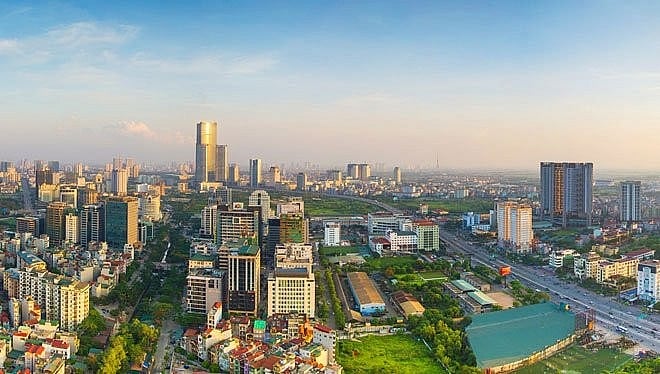
Experts say the real estate market has not improved.
However, from the perspective of the Vietnam Association of Realtors (VARS), the real estate market will recover strongly. For a long time, a series of projects have been "lying dormant" waiting for legal problems to be resolved (70% of the problems of real estate businesses).
Therefore, the Land Law 2024 is expected to remove legal bottlenecks to help many projects "revive" and quickly bring them to the market. New points in the Land Law 2024 have a great impact on the entities participating in the real estate market.
Real estate expert Nguyen Van Duc said that the overall picture of the real estate market has not improved, and difficulties still remain in the short term.
Regarding the townhouse and villa segment, this expert predicts that it will continue to be quiet and have low liquidity. Townhouse and villa projects in the inner city will be difficult to sell because they are affected by "house identification" and "house tax".
In recent years, real estate businesses have mostly focused on investing in high-end products, the prices of villas and shophouses are quite expensive and have increased "skyrocketingly" in a short time. They make products aimed at the rich and are indifferent to "affordable" products, serving the majority of people, low-income people. When projects are opened en masse with the purpose of making profits without bringing benefits to the community and society, it means that their business strategy has "gone a mile wrong".
“Tens of thousands of condotels, shophouses, and resort villas are frozen. Accordingly, businesses, customers, and banks will suffer heavy losses. This is the biggest disaster for the real estate market at the present stage.
In the context that many businesses cannot sell products, cannot rotate capital and do not have financial resources to restructure; accounts are frozen while the burden of paying interest and maturity of bank - bonds weighs heavily on the businesses. In addition, many projects are stalled, some even have legal issues, so businesses fall into a state of "anxiety", even businesses without enough economic potential will... "die", Mr. Duc gives his perspective.
Apartment segment continues to increase in price
In the apartment segment, expert Nguyen Van Duc assessed that this is the segment with the best absorption rate in the market today, however, the supply of this segment has not improved due to the scarcity of projects with construction permits and very few apartment buildings being implemented in the inner city.
Scarce projects, supply not meeting demand, leading to continued high average primary selling prices. This segment will continue to grow in price due to increased land and construction costs, infrastructure development and improved quality.

Apartment segment continues to increase in price.
The latest statistics from Savills show that in Hanoi, at the end of 2023, apartment prices were at 51 - 70 million VND/m2 and 49% of apartments sold were in this price range. Accordingly, the apartment segment has set a new price threshold. Apartments priced over 4 billion VND accounted for 42% of the number of apartments sold in 2023. Apartments priced from 2-4 billion VND accounted for 55% of the market share. Only 3% of apartments were priced under 2 billion VND.
Similarly, in Ho Chi Minh City, apartment prices continue to increase, especially in projects in the central area. In fact, the market has been lacking affordable apartment projects with prices below VND25 million/m2, but mainly mid-range and high-end apartment segments that are eligible for capital mobilization and transactions.
According to a report from the Ho Chi Minh City Department of Construction, in 2023, the city will have 19 commercial housing projects (with 17,753 units) eligible for sale and lease-purchase of future housing products to be put on the market. It is worth mentioning that the mid-range segment has 5,051 units, the high-end segment accounts for 11,334 units and there are no projects in the affordable apartment segment.
In the social housing segment, Mr. Nguyen Van Duc acknowledged that there is an improvement, there are "bright rays" compared to 2023, however, this segment does not have many businesses investing because of difficult procedures and unfavorable conditions for businesses. "The new regulations in the Housing Law (amended) are more open, making it easier for the poor to access social housing.
However, it takes time for the law to be implemented. The target of 1 million social housing units will be difficult to achieve as planned if the government does not have a strategic vision, practical and scientific methods instead of relying solely on businesses. We set a target of completing 1 million social housing units by 2030, but in reality, capital and mechanisms are still lacking," said Mr. Nguyen Van Duc.
Mr. Tran Van Binh, General Secretary of VARS, said that legality is the issue that businesses are most concerned about because it is the key factor that determines the formation and development of real estate projects. Accordingly, the removal of land policy problems will create momentum to help the real estate market recover. The most obvious is in terms of planning, land use plans and increasing publicity, transparency, and people's participation in land use planning... In addition, through auctions and bidding, a fair competitive environment will be created for real estate businesses.
Ngan Giang
Source








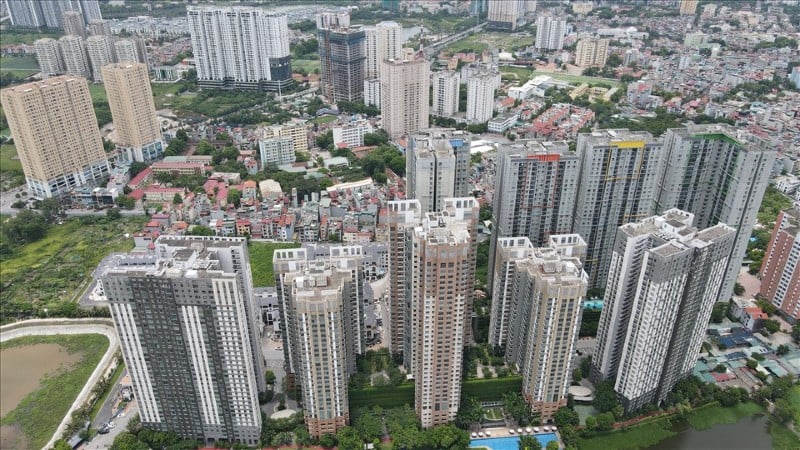



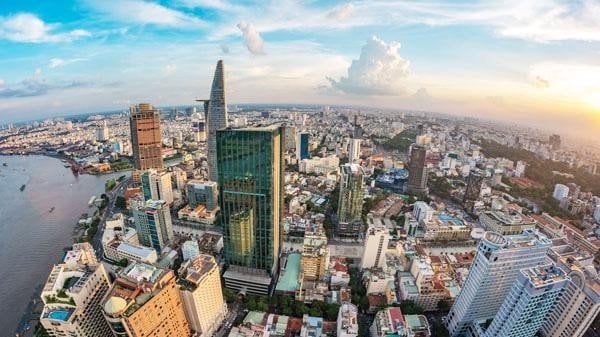



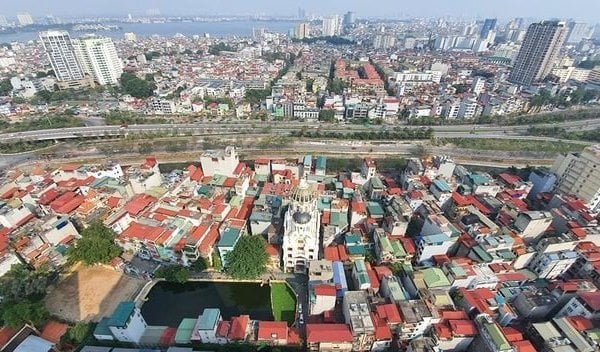
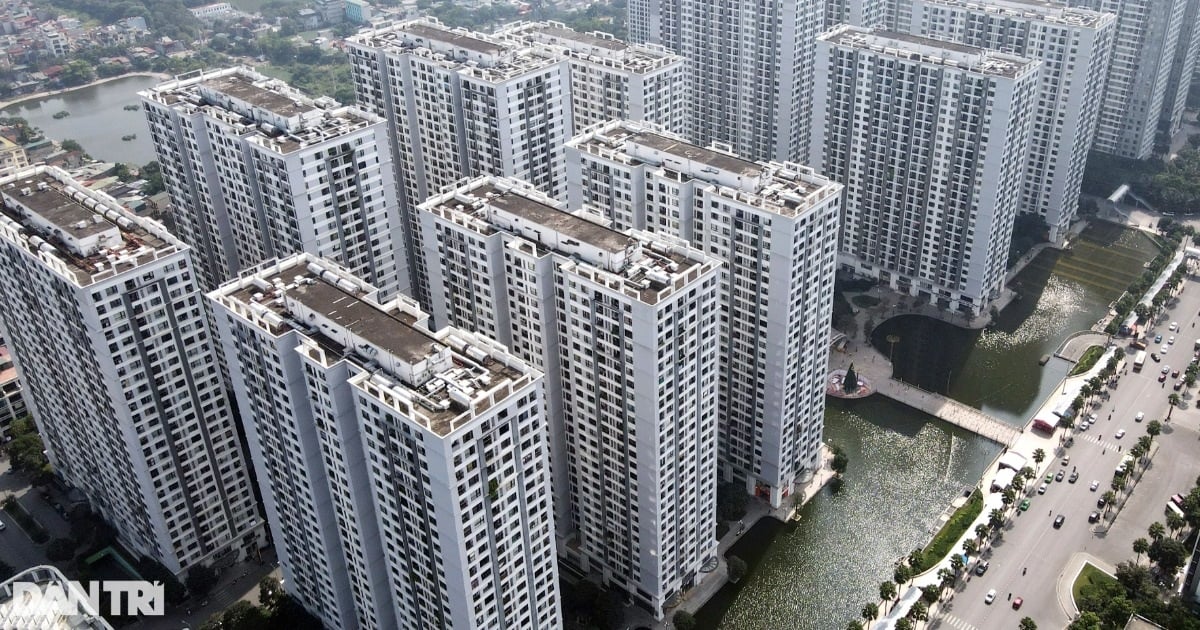



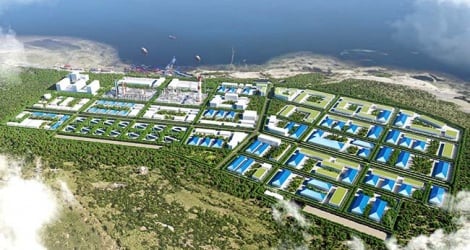

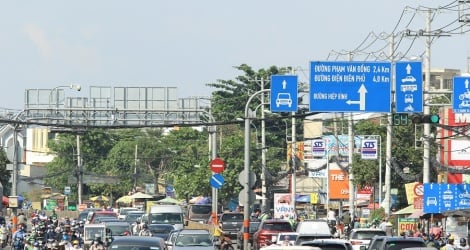















![[Photo] Prime Minister Pham Minh Chinh chairs Government Conference with localities on economic growth](https://vstatic.vietnam.vn/vietnam/resource/IMAGE/2025/2/21/f34583484f2643a2a2b72168a0d64baa)


























































Comment (0)